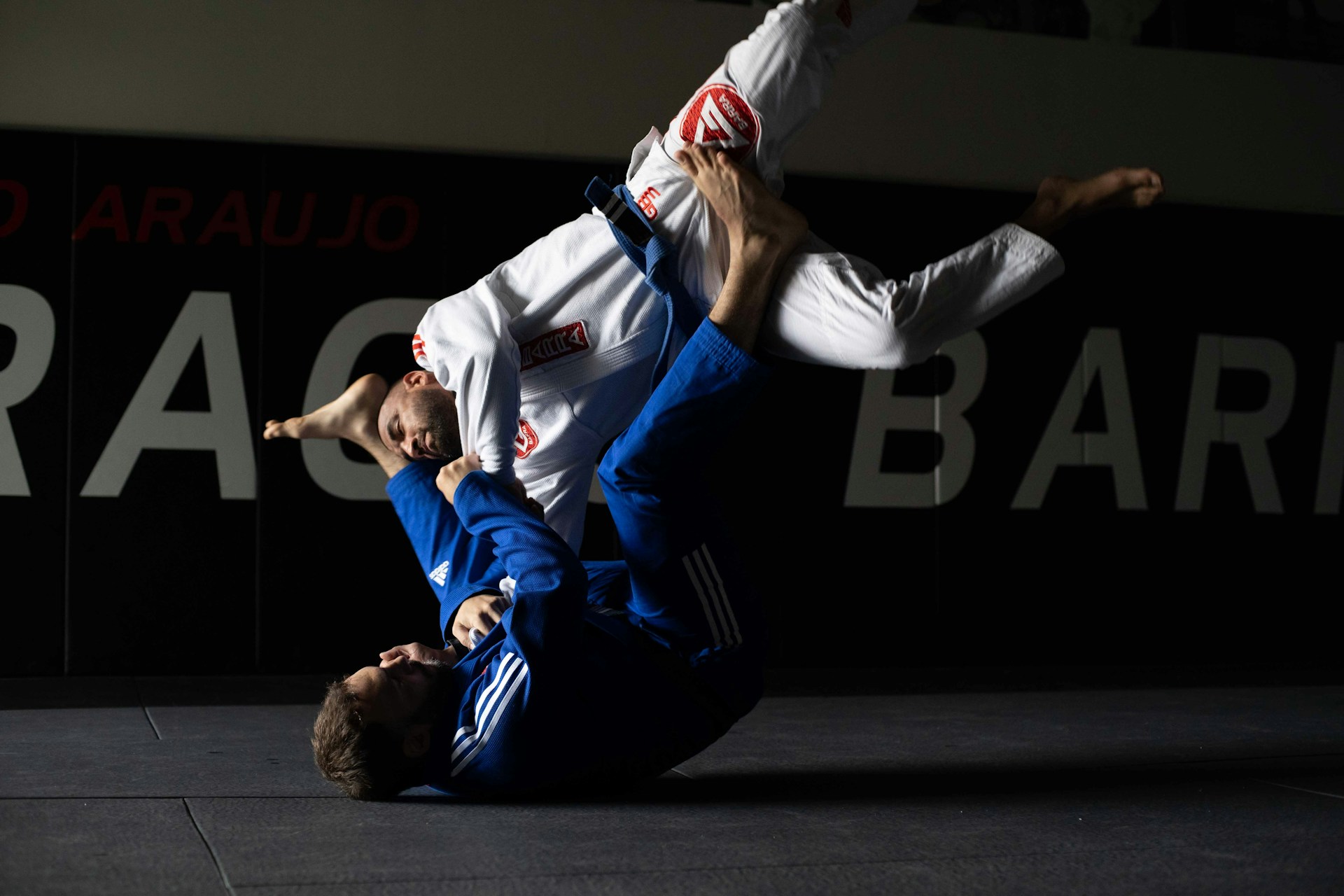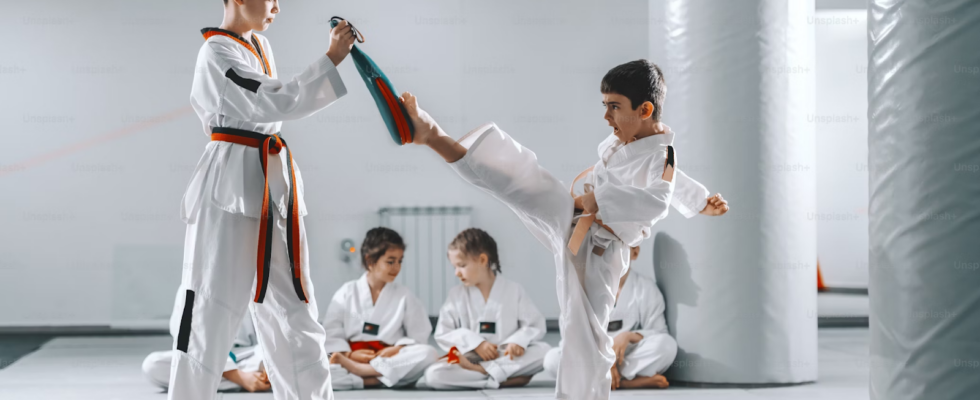Family martial arts programs have surged in popularity as more people discover the multifaceted benefits that practicing martial arts together as a family can offer. Unlike traditional individual training sessions, family martial arts classes are designed to include participants of all ages, providing a unique opportunity for families to bond, learn, and grow together.
This detailed blog explores the importance of family martial arts, highlighting its impact on physical health, mental well-being, communication, and lifelong learning.
Strengthening Family Bonds
One of the most significant benefits of Family Martial Arts is the strengthening of family bonds. In today’s fast-paced world, finding quality time to spend together as a family can be challenging.
Martial arts classes provide a scheduled, consistent activity that families can look forward to, offering a shared experience that fosters teamwork, mutual support, and understanding. Working towards common goals, such as mastering a new technique or preparing for a belt test, can enhance the sense of unity and accomplishment among family members.
Promoting Physical Health and Fitness

Martial arts is a comprehensive form of exercise that improves cardiovascular health, flexibility, balance, and strength. For families, practicing martial arts together not only encourages a healthy lifestyle but also sets a foundation for lifelong fitness habits.
Children learn the importance of regular physical activity from an early age, observing and emulating their parents’ commitment to health and well-being. Moreover, the varied nature of martial arts training ensures that workouts are never monotonous, keeping family members engaged and motivated.
Enhancing Mental Well-being
The practice of martial arts is as much about mental discipline as it is about physical prowess. Family martial arts classes emphasize focus, patience, respect, and perseverance, teaching valuable life skills that extend beyond the dojo.
For children, these lessons in self-discipline and self-control are crucial for personal development. For adults, martial arts can be a stress-relieving outlet, providing a break from the demands of work and daily life. Practicing together, families can support each other’s mental and emotional growth, leading to improved self-esteem and confidence for all members.
Improving Communication and Cooperation
Martial arts training often involves partner drills and sparring sessions, requiring clear communication and cooperation to be effective and safe. Family members learn to express themselves more effectively, listen actively, and work together, enhancing their ability to communicate and cooperate in other areas of life. This improved communication can lead to stronger relationships, with family members feeling more connected and understood.
Fostering Respect and Understanding
Respect is a cornerstone of martial arts philosophy. Family martial arts classes teach respect for oneself, for instructors, and importantly, for each other. Training together allows family members to see each other in a new light, recognizing and appreciating each other’s strengths, efforts, and achievements. This mutual respect fosters a deeper understanding and appreciation among family members, contributing to a more harmonious family dynamic.
Encouraging Lifelong Learning and Personal Growth
Martial arts is a journey of continuous learning and personal development. By embarking on this journey together, families can cultivate a culture of lifelong learning, where curiosity, humility, and the pursuit of excellence are valued. Children and adults alike are encouraged to set goals, embrace challenges, and celebrate progress, instilling a mindset of growth and resilience that benefits all aspects of life.
Cultivating a Shared Family Hobby and Interest
Family martial arts classes offer the unique opportunity to cultivate a shared hobby and interest that spans generations. This shared passion not only becomes a common topic of conversation at home but also encourages family members to engage in related activities outside of class, such as attending martial arts events, watching competitions, or even practicing techniques together in their free time.
This deepens family connections and creates a sense of belonging and identity within the family unit, reinforcing the notion that families that play together, stay together.
Teaching Conflict Resolution and Self-Defense
In addition to physical fitness and mental discipline, martial arts training provides practical lessons in conflict resolution and self-defense. Families learn non-violent ways to deal with conflict, emphasizing de-escalation techniques and the importance of avoiding physical confrontations unless absolutely necessary.
Moreover, acquiring self-defense skills together enhances the family’s sense of security and confidence in their ability to protect themselves and each other in potentially dangerous situations. These lessons in personal safety and conflict resolution are invaluable, equipping family members with the skills to navigate the challenges of the outside world more safely and wisely.
Conclusion
Family martial arts programs offer more than just a way to stay fit; they provide a platform for families to strengthen their bonds, improve physical and mental well-being, enhance communication, and foster respect and understanding. The shared experience of learning and growing together can have a profound impact on family dynamics, creating lasting memories and instilling valuable life skills.
Whether for health, self-defense, or personal development, the importance of family martial arts lies in its ability to bring families closer, supporting each other on the path to becoming the best versions of themselves.
